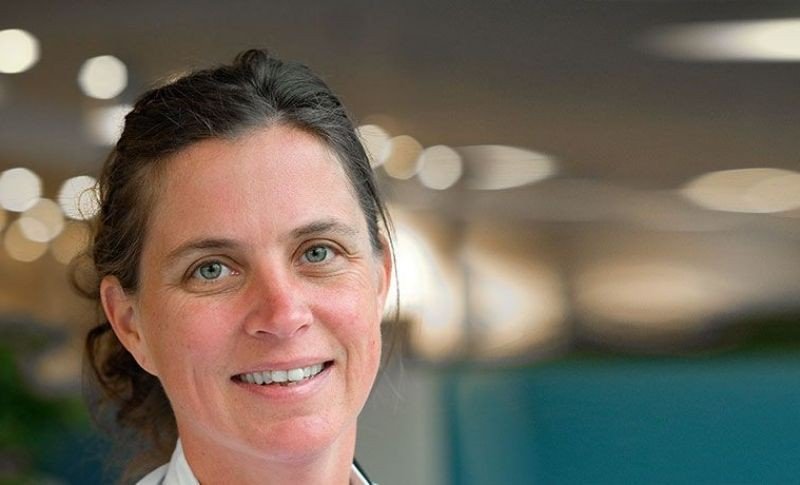Rachel ter Bekke
Post doc
After having obtained my medical degree at the university of Antwerp, I completed my Cardiology specialization in the Maastricht University Medical Center. Thereafter, I performed a clinical fellowship in Electrophysiology and Cardiogenetics to obtain level 2 of invasive electrophysiology and cardiac pacing endorsed by the EHRA. I have always been fascinated by ventricular tachyarrhythmias, especially in the genetically-susceptible heart. In 2018, I successfully defended my PhD thesis entitled: “Ventricular Arrhythmogenesis in the Genetically-Susceptible Heart: Time to Change Concepts of Mechanisms and Management” under guidance of prof. dr. Paul Volders. I demonstrated that the combined assessment of electrical and mechanical abnormalities (alias the electromechanical window) in patients with the long-QT syndrome provide superior sudden cardiac death risk stratification than the traditionally used QTc. I further investigated electromechanical trigger-substrate interactions prior to sympathetically-induced arrhythmias in a canine drug-induced long-QT syndrome model (and was awarded the EWGCCE Travel Award). Furthermore, with the investigation of complex genotype/phenotype relations in a 16-generation SCN5A-mutation founder population with sudden cardiac death I was a finalist at the Young Investigator Awards of the HRS. My expertise lies in cardiac cellular & clinical electrophysiology, inherited arrhythmia syndromes, and antiarrhythmic management including invasive ablation techniques of complex ventricular arrhythmias.
My research ambition is to bring the field of complex arrhythmia management forward. To this aim, I strongly believe multimodality imaging using ECG-imaging, 3D-MRI and invasive electroanatomical assessment is key, next to deep pheno- and genotyping and high-resolution (non)invasive electromechanical profiling. To further our understanding the role mechano-electric feedback plays in ventricular arrhythmogenesis I will pioneer in novel invasive and noninvasive methods to depict electromechanical behavior with high spatiotemporal resolution at rest and after smart provocation; both in drug-induced animal models and in patients with the long-QT syndrome. For this research proposal I was awarded the prestigious Veni grant by ZonMw in 2019. This innovative work is expected to have major impact for other mechanosensitive cardiac diseases.




